Podcast: Play in new window | Download (Duration: 2:58 — 2.7MB) | Embed
Subscribe: Apple Podcasts | Spotify | Amazon Music | Android | Pandora | iHeartRadio | JioSaavn | Podchaser | Gaana | Podcast Index | Email | TuneIn | Deezer | Anghami | RSS | More
 St. Francis de Sales Novena – Day 9
St. Francis de Sales Novena – Day 9
Think for a moment of the piety of the Madonna when the angel told her that the Spirit would overshadow her. What sentiments of humility, confidence and courage! At the very moment when she understood that God had given her His heart, that is, His Son, she gave herself to God. Her soul was flooded with charity, so she could say with the sacred spouse, “…My heart trembled within me, and I grew faint when he spoke.” [Sg:5:4] As far as we are concerned, we receive a similar grace in Communion, because not an angel but Jesus Christ Himself assures us that in it the Holy Spirit descends on us. Heavenly power covers us with its shadow and the Son of God really comes to us. He can say that He is conceived and born in us. Truly then, the soul can respond with the Madonna, “I am the servant of the Lord; let is be done to me as you say.” [Lk 1:38] (Spiritual Directory, Art. 12)
O blessed Francis de Sales, who on earth did excel in a life of virtue,
especially in the love of God and neighbor,
I earnestly ask you to take me under your compassionate care and protection.
Obtain for me conversion of mind and heart.
Grant that all people,
especially (names of those whom you wish to include) may experience
the depth of God’s redeeming and healing love.
Teach me to fix my eyes on the things of heaven
even as I walk each day with my feet planted firmly on the earth.
Help me, through the practice of virtue and the pursuit of devotion,
to avoid anything that would otherwise cause me to stumble
in my attempt to follow Christ
and to be an instrument of the Holy Spirit.
Encouraged by your prayers and example,
help me to live fully my sacred dignity
with the hope of experiencing my sacred destiny:
eternal life with God.
Receive also this particular need or concern
that I now lift up in prayer. (mention your particular need).
O God, for the salvation of all,
you desired that St. Francis de Sales—
preacher, missionary, confessor, bishop and founder—
should befriend many long the road to salvation.
Mercifully grant that we,
infused with the humility and gentleness of his charity,
guided by his wisdom and sharing in his spirit
may experience eternal life.
We ask this through Christ our Lord. Amen.
St. Francis de Sales, pray for us.
For the complete 9 day St. Francis de Sales Novena visit here

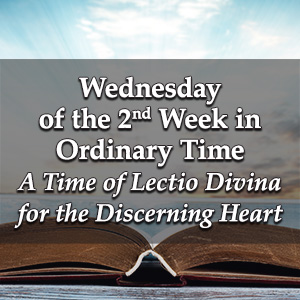
 St. Agnes, A Lamb for Christ – In Conversation With Mike Aquilina
St. Agnes, A Lamb for Christ – In Conversation With Mike Aquilina

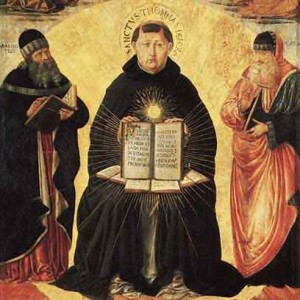
 St. Francis de Sales Novena – Day 8
St. Francis de Sales Novena – Day 8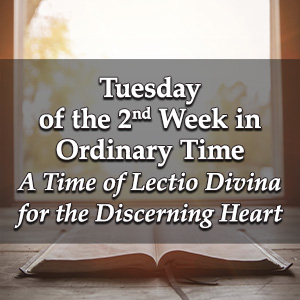
 Walking with Christ in Prayer – Meditation and Contemplation with Fr. Timothy Gallagher
Walking with Christ in Prayer – Meditation and Contemplation with Fr. Timothy Gallagher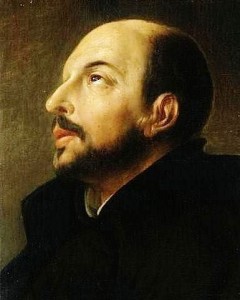

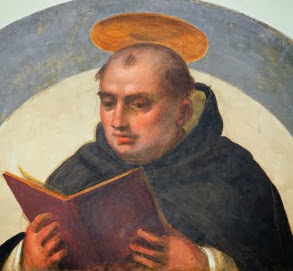
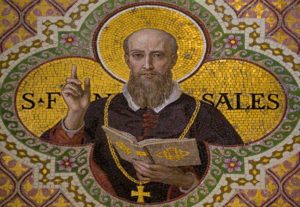 Day 7
Day 7